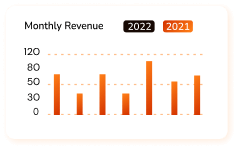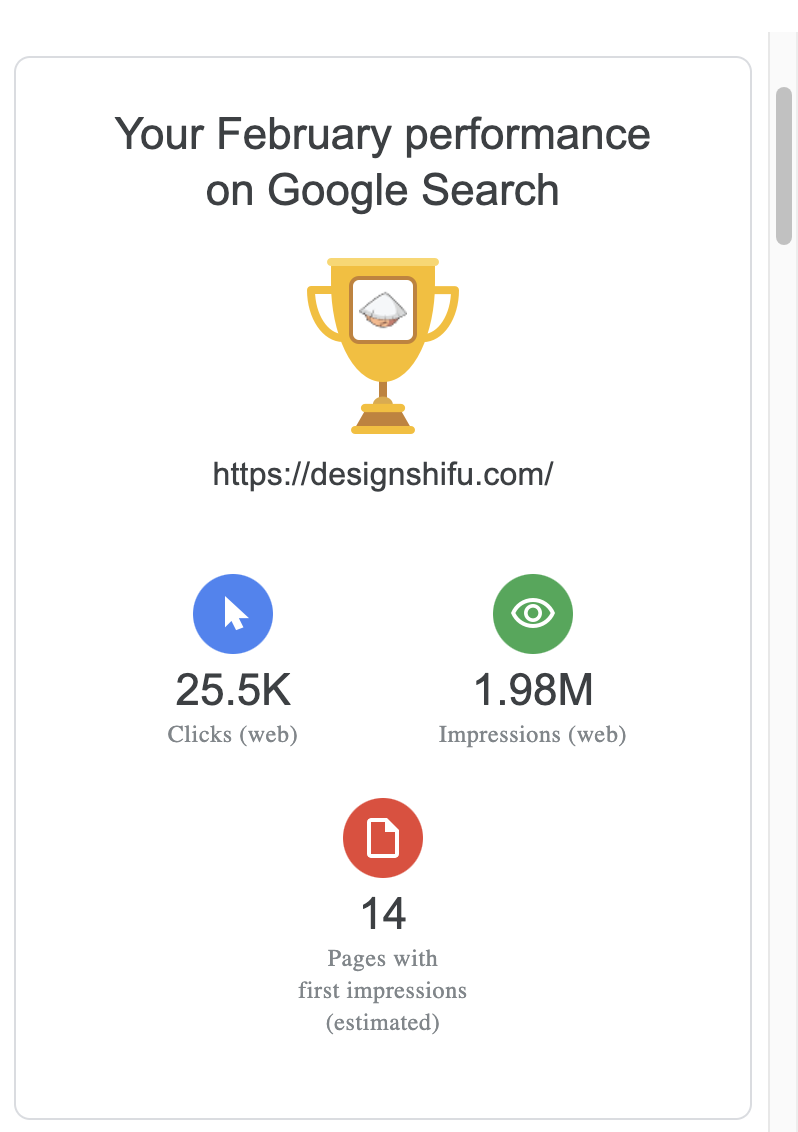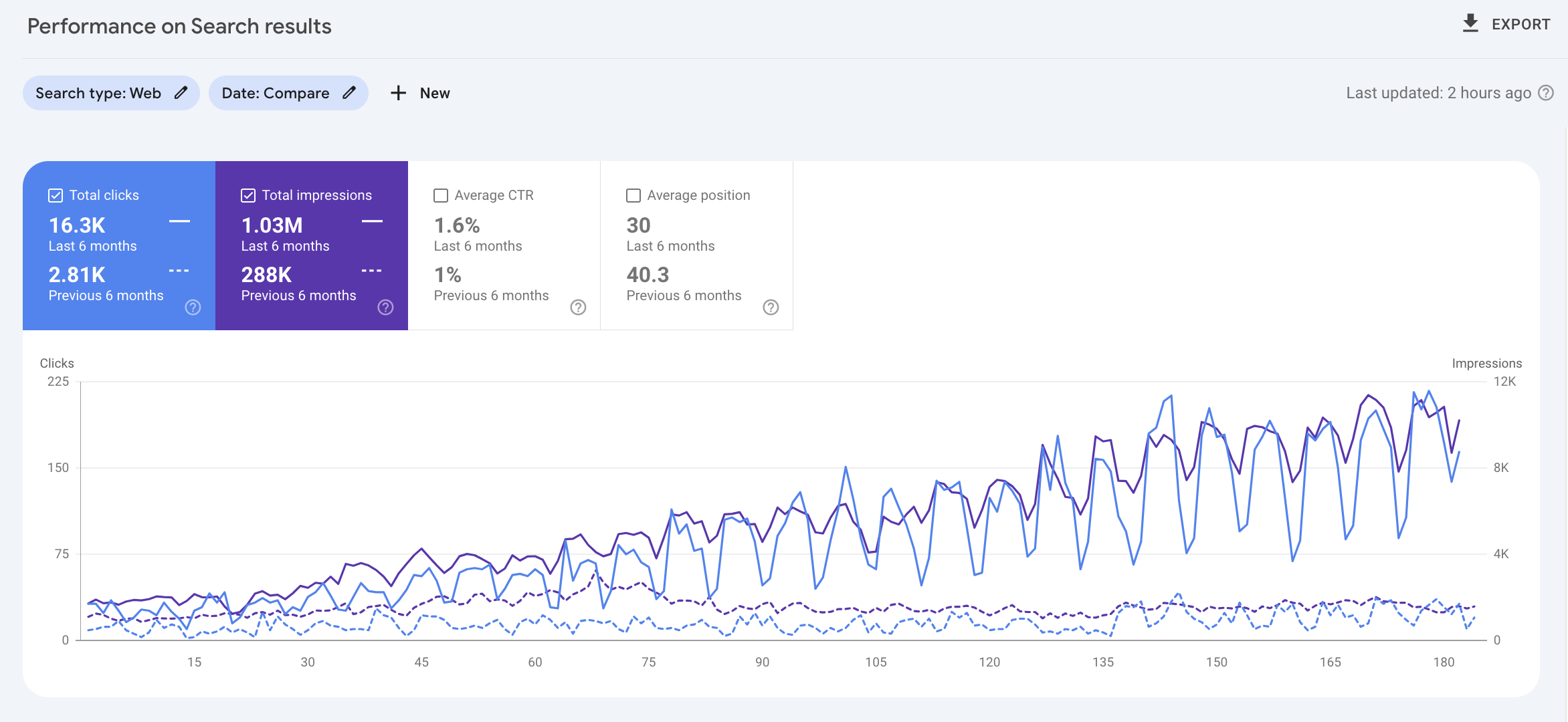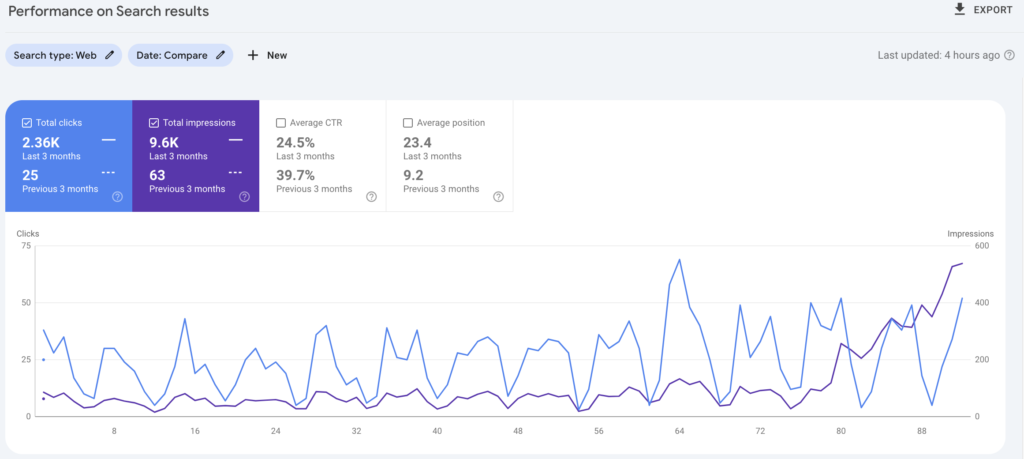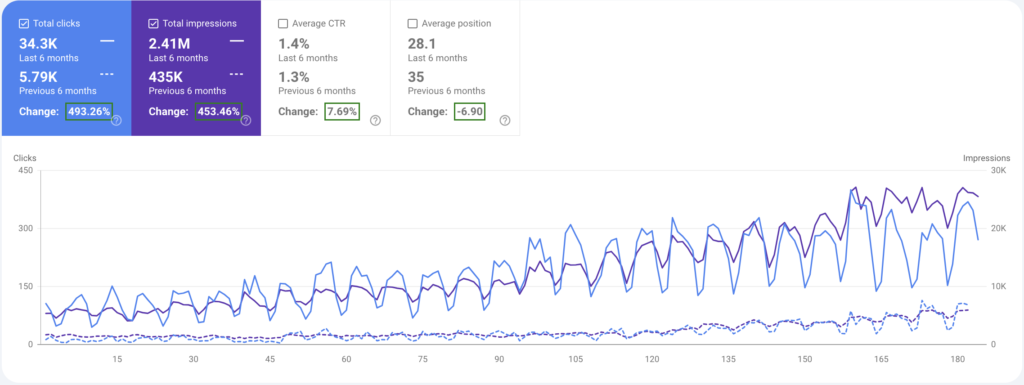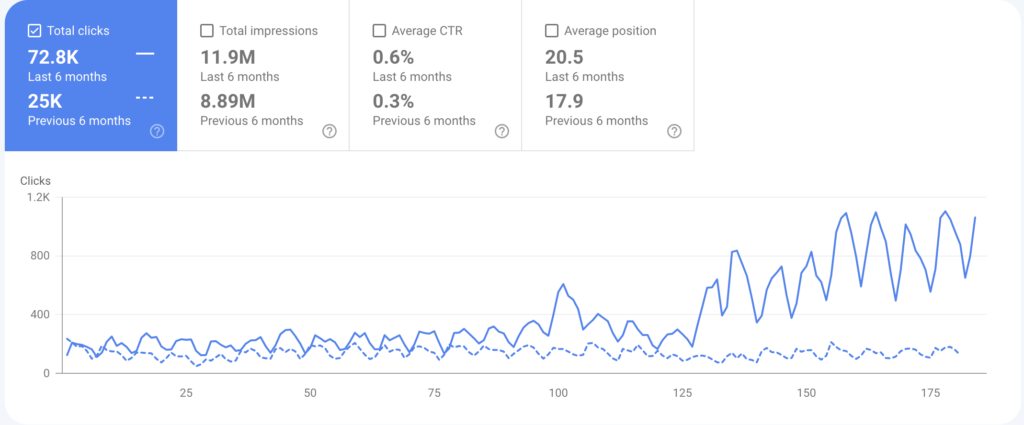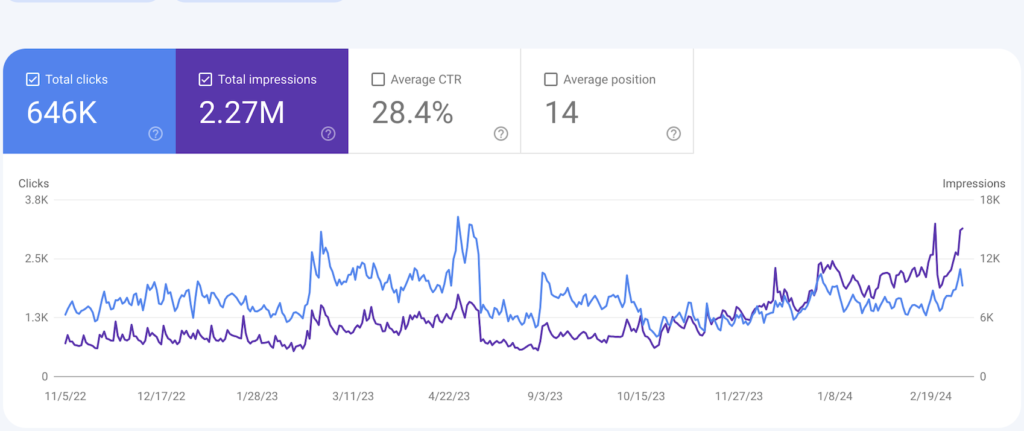We align your keyword strategy with your business goals by first understanding your Ideal Customer Profile (ICP). This step is critical because it ensures we’re targeting the right audience. We start by identifying what your customers search for, what problems they want to solve, and where they are in the buyer’s journey. That’s how we make sure your strategy resonates with them.
Once we have that clarity, we map out a 90-day keyword roadmap. This roadmap focuses on bringing sustainable growth while keeping the strategy adaptable to shifts in search trends or business needs. Here's how we break it down:
- Hubs: Primary topics that define your business and industry.
- Spokes: Specific subtopics that address key aspects of your business.
- Clusters: Keywords focused on solving particular pain points for your customers.
We prioritize high-intent keywords that bring relevant traffic – the kind that converts. Each keyword is chosen based on a thorough analysis of search volume, ranking difficulty, and its alignment with your audience’s needs.
The end result? A keyword strategy designed to grow your business, not just your website traffic.




